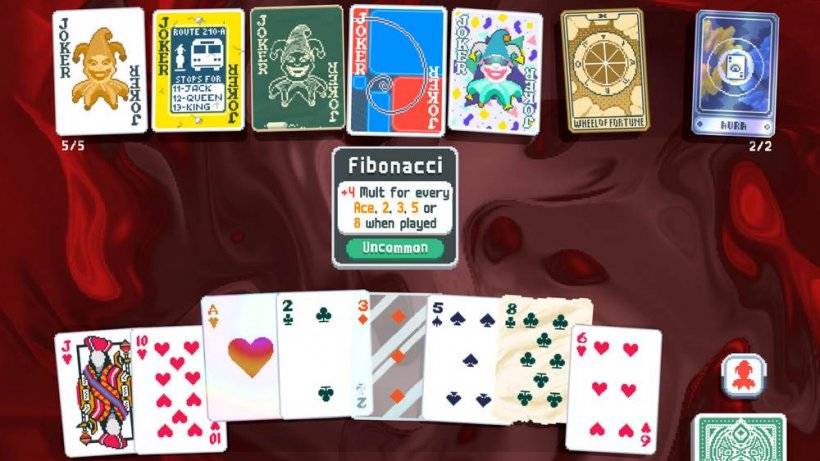Ragnarok Online 3 Pre-Order DetailsRagnarok Online 3 is not yet open for pre-order on any official storefront. Stay tuned for updates as soon as official announcements are made.Similar Games to Try
Author: LucasReading:0
It's year-end, and time for my "Game of the Year" selection: Balatro. While not my absolute favorite, its success warrants discussion.
By now (December 29th, assuming you're reading this on schedule), Balatro's numerous awards are likely familiar. It swept The Game Awards (Indie and Mobile Game of the Year), and uniquely won two Pocket Gamer Awards (Best Mobile Port and Best Digital Board Game). Jimbo's creation has garnered widespread praise.
However, its success has also sparked confusion and even anger. Comparisons between its flashy promotional videos and relatively simple visuals are common. Many are baffled by a simple deckbuilder's triumph.
This, I believe, highlights why Balatro is my GOTY pick. But first, some honorable mentions:
Honorable Mentions:
A Balanced Perspective on Balatro
My experience with Balatro is mixed. It's undeniably engaging, but I haven't mastered it. The focus on optimizing deck statistics, a frustrating aspect for me, has prevented me from completing runs despite many hours of play.
Yet, Balatro represents excellent value. It's simple, easily accessible, and undemanding. While not my top time-waster (that title goes to Vampire Survivors), it's a strong contender. Its visuals are pleasing, and gameplay is smooth. For $9.99, you get a captivating roguelike deckbuilder suitable for public play (the poker element might even impress onlookers!). LocalThunk's ability to elevate a simple concept is commendable.
The calming music and satisfying sound effects create an addictive loop. Its appeal is subtle yet effective.
But why revisit this? Some find its success insufficient.

Beyond Simple Gameplay
Balatro's success, unlike that of Astrobot (another GOTY contender), has faced criticism. The reaction to Balatro reveals a common misunderstanding.
Balatro's design is straightforward yet effective. It's visually appealing without being overly complex or flashy, lacking the typical "retro" aesthetic. It's not a high-end tech demo; it began as a passion project for LocalThunk.
Its success confounds many because it's not a flashy gacha game, nor does it push technological boundaries. It's not a battle royale; to some, it's just "a card game." But it's a well-executed card game, offering a fresh take on the genre. Game quality should be judged on its core mechanics, not solely on visual fidelity.
Substance Over Style
Balatro's lesson is simple: Multi-platform success doesn't require massive budgets or cutting-edge graphics. It can be achieved with a well-designed, stylish, and simple game.
While not a massive financial success, its low development costs likely resulted in significant profit for LocalThunk.
Balatro demonstrates that a game doesn't need to be a massive, cross-platform gacha experience to thrive. Simplicity and well-executed design can appeal to mobile, console, and PC players.

Balatro's accessibility is also noteworthy. Some players optimize their decks for maximum efficiency; others, like myself, enjoy its relaxed pace.
In conclusion, Balatro's success underscores a crucial point: You don't need groundbreaking visuals or complex mechanics to succeed. Sometimes, a simple, well-executed game is all it takes.
 LATEST ARTICLES
LATEST ARTICLES